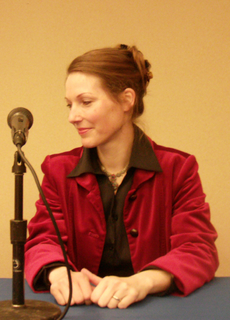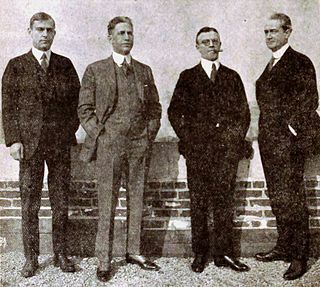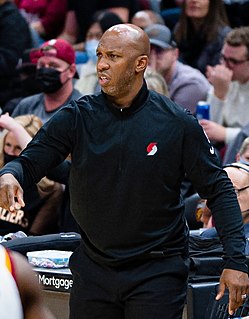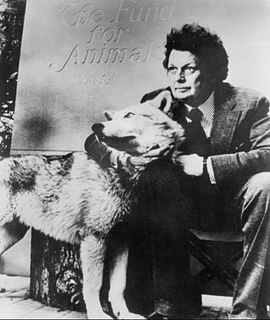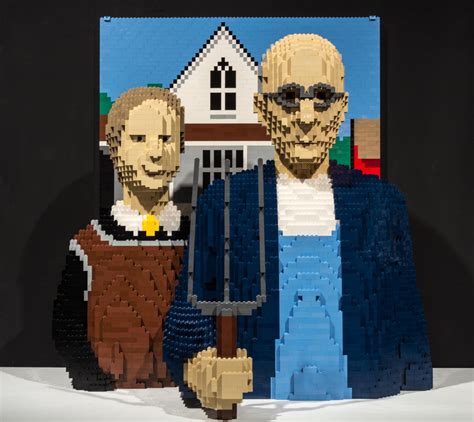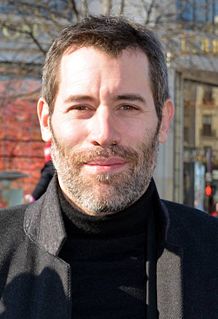A Quote by Anne Fortier
Was I insane? Maybe. But then, there were many different kinds of insanity. Aunt Rose had always taken for granted that the whole world was in a state of constantly fluctuating madness, and that a neurosis was not an illness, but a fact of life, like pimples. Some have more, some have less, but only truly abnormal people have none at all. This commonsense philosophy had consoled me many times before, and it did now, too.
Quote Topics
Abnormal
Always
Aunt
Before
Constantly
Did
Different
Different Kind
Different Kinds
Fact
Granted
Had
Illness
Insane
Insanity
Kinds
Less
Life
Like
Madness
Many
Maybe
Me
More
Neurosis
None
Normal People
Now
Only
People
Philosophy
Pimples
Rose
Some
State
Taken
Taken For Granted
Then
Times
Too
Truly
Were
Whole
Whole World
World
Related Quotes
There are so many kinds of madness, so many ways in which the human brain may go wrong; and so often it happens that what we call madness is both reasonable and just. It is so. Yes. A little reason is good for us, a little more makes wise men of some of us--but when our reason over-grows us and we reach too far, something breaks and we go insane.
I have seen several deaths, too many deaths in my life, and they were all different. Each one was different. It didn't seem to be necessarily connected with the life of the person. Some people that were not particularly developed or outstanding or spiritual died very easily. Some other people were on a very high level and had a difficult time in dying.
Alcohol ruined me financially and morally, broke my heart and the hearts of too many others. Even though it did this to me and it almost killed me and I haven't touched a drop of it in seventeen years, sometimes I wonder if I could get away with drinking some now. I totally subscribe to the notion that alcoholism is a mental illness because thinking like that is clearly insane.
I certainly felt I had an idea of World War II, and it's probably the idea that many people share: there was this insane aggressor, and there was really only one way to proceed in resisting him. What I didn't realize is that there were many voices belonging to reasonable, interesting, complicated people who had a different way of interpreting the possible responses to the Hitlerian menace.
Unlike some people who have experienced the loss of an animal, I did not believe, even for a moment, that I would never get another. I did know full well that there were just too many animals out there in need of homes for me to take what I have always regarded as the self-indulgent road of saying the heartbreak of the loss of an animal was too much ever to want to go through with it again. To me, such an admission brought up the far more powerful admission that all the wonderful times you had with your animal were not worth the unhappiness at the end.
There's some evidence that if you're recruiting, you tend to recruit a mini-me. Then you have a very comfortable group round a table. You all think alike. You agree. People are arguing that the banking crisis was because too many of the relevant bodies were thinkalikes, and that if they'd had more diversity, maybe it wouldn't have happened.
If I wanted to be free, truly free, I had to choose. There were many points on the compass rose; I had to locate the few that were meant for me. Not any destination picked at random; I had to head for those that summoned me with a passion, for they were the ones that gave meaning to my life. I had to ignore the warnings of those who would tell me why I couldn't do what I wanted to do.
Talking about the fact that I get depressed or that I've had some suicidal issues in my life is not easy. I don't know of many comedians who are going all in on that. In some sense, I think I've maybe sacrificed some momentum doing that. In another sense, I'm in a place where if I can talk about that and if it helps some kid in a way that gives them some help that wasn't available to me when I was a kid, then I gotta do that. Put being a good person first. If you have a platform, use it for stuff that's noble and good and worth putting out in the world.
LEGO is universal. So many people enjoy it, from all different walks of life, all different ages, all different cultures. When I was in Africa, I had LEGO bricks with me and I met some people who had never heard of LEGO, they had never seen it before and yet as soon as I gave them a few bricks, they immediately got it.
If I had been a different sort of person, maybe less impressionable, less intense, less fearful, less utterly dependent upon the perceptions of others - maybe then I would not have bought the cultural party line that thinness is the be-all and end-all of goals. Maybe if my family had not been in utter chaos most of the time, maybe if my parents were a little better at dealing with their own lives maybe if I'd gotten help sooner, or if I'd gotten different help, maybe if I didn't so fiercely cherish my secret, or if I were not such a good liar, or were not quite so empty inside... maybe.
[on River Phoenix] I would love to see what kind of choices he would be making now if he was still around, some of the characters that he would have played. I mean, to me he was like a rock star, you know, he had it all: he had the looks, he had a great name, he had an attitude, an energy, an excitement about him. He was instinctively like a, he was a rebel, you know? He was kind of Bob Dylan to me, at times, and he had a lot to say. And I've never seen too many interviews by him, but the ones that I saw were pretty electric, pretty... he was switched on, definitely.
I always had an affinity for older people. I had a job delivering newspapers, and one place I had to go was an old people's home. Some people would introduce you to their neighbors as if you were a nephew or grandson. They didn't get many visitors, so they acted like you were coming to see them. And that stuck with me for a long time.
For me, Yves Saint Laurent is a hero because he fought his whole life against illness. Maybe the only way to fight this illness for him was to make it positive with creation. Otherwise he would have been lonely or in the hospital. He had so many issues with alcohol, drugs, and everything, this explains a lot about his necessity to create.
